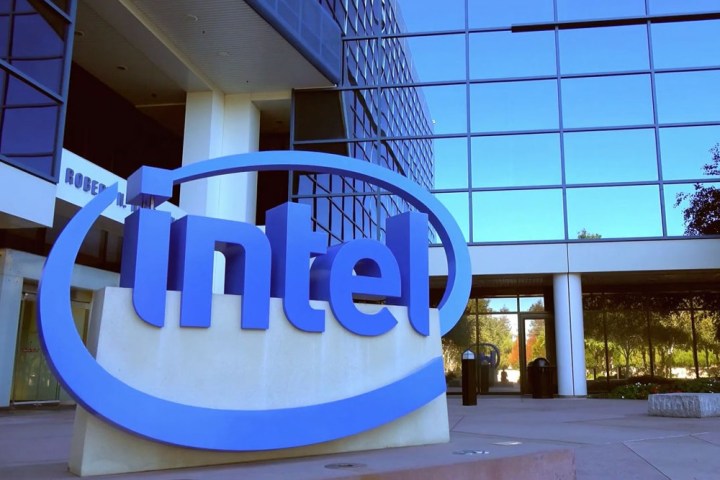
It’s expected that Cannon Lake will be the first family of Intel chips to be manufactured on a 10nm process. The first processors to be released under the Cannon Lake name are expected to be low-power 5.2-watt and 15-watt chips designed for devices where energy efficiency is paramount, like laptops and tablets.
Coffee Lake chips for mobile devices are set to be available in early 2018, and are manufactured on a 14nm process. It’s thought that 15-watt, 28-watt, and 45-watt versions will be made available.
Intel will release Coffee Lake-U and Coffee Lake-H series chips for use in mobile devices. These processors will be followed by Coffee Lake-S and Coffee Lake-X series chips for use in desktops, which will feature higher thermal design power ratings than the mobile permutations.
It’s worth noting that the X, S, and H series Coffee Lake chips are all being offered with 6 cores, according to a report from Liliputing. It’s theorized that this could be part of an effort to help Intel go head to head with AMD, as the company is reportedly planning to release an 8-core version of its Summit Ridge processor in 2017.
While Kaby Lake isn’t being discontinued just yet — processors based on that family of chips will continue to release into next year — it should be no surprise that Intel has a clear schedule for the future. The tick-tock production schedule may be a thing of the past, but this sector of the computing industry always has one eye on the horizon.
Cannon Lake and Coffee Lake processors are expected to be made available starting in late 2017 and early 2018.
Editors' Recommendations
- Everything we know about Lunar Lake, Intel’s big next-generation chips
- A major era in Intel chip technology may be coming to an end
- With the arrival of Core Ultra, a new era for Intel has begun
- Some surprising details on Intel’s upcoming 14th-gen laptops just leaked
- Intel may have accidentally leaked the release date for Windows 12


